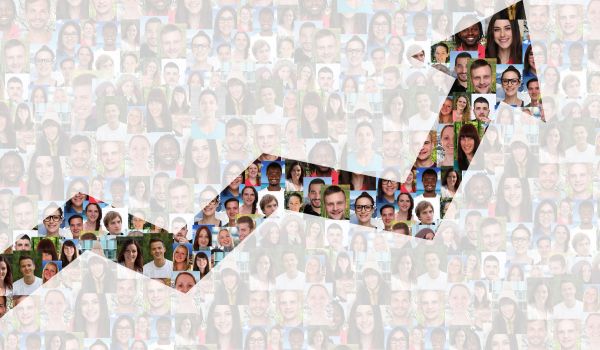Make Time To Recharge
A NY Times article reported that Goldman Sachs has instituted the 'Saturday Rule'. The rule states that employees are not allowed to work from 9 pm on Friday evening to 9 am Sunday morning. The fact that the rule has to be created says something. But it isn't just Goldman Sachs. During the pandemic, people worked an average of 2.5 extra hours per day. Read that again... an extra 2.5 hours a day.
But why? Why are people working so hard? Part of it has to do with the pandemic and working remotely. There really weren't many options of things to do besides work, clean closets, get a workout in, etc. So more available time. But that is changing.
Working options have opened up again here in the US. Many people are returning to the office either in staggered schedules or alternate days while some still work remotely. In any case, the hours per day haven't dropped. People are still working longer than they were before the pandemic. Here is why that's not a good idea.
Diminishing Returns
At some point, we just burn out. We aren't as fresh as we were at the beginning of the day or week. Our attention span decreases. Our ability to concentrate decreases. And overall, we have decreased our ability to think critically.
Sometimes, you can improve these results by taking a break during the day. Don't eat at your desk. Get out of the 'office' even if that means moving from the desk in your home to the kitchen table or maybe sit outside. Step away from the work. Do something else and don't think about work, either. A little refresh can help you head back in.
But toward the end of your day when you notice true work fatigue has set in, put it away. And don't look at it again until the next working day. Go for a walk, call a friend, or some other activity that moves you away from work.
Physical and Mental Wellness
The stress that is a result of overworking is real. And that stress leads to poor sleep, high blood pressure, and impairment of memory. And that leads to further physical issues like a poor diet which can lead to diabetes, heart disease, and so many other problems.
From the mental health perspective, it can cause anxiety, depression, and more. From there, some choose to medicate with drinking or other things that feel like they can alleviate the stress. The reality is it only makes it all worse.
See how you are feeling after a very full day and long hours. Chances are you are not feeling refreshed and fulfilled. You are more likely to feel anxious about what isn't yet done or what will happen when you walk away from work.
So why do we do it? It's likely out of a desire to 'achieve'. Whether it's a financial incentive, the desire to be promoted or move up, or some inner contest we have with ourselves or others. The reality is each person has their own reasons, whether they can articulate them or not.
Think about what you are actually getting out of working so much. How is that filling your cup, so to say? If you don't know, well, maybe it's time to stop.
More Than Work
Let's look at your life beyond work. Whether it's a particular interest or the people in your life, balance is key. Think about how your working hours are affecting the other parts of your life.
It's really about breaking a habit. We all have interests, whether it's tennis, music, or maybe some craft. The reality is those all work the other part of our brain. And balance is key. Not only to feeling recharged but also feeling fulfilled. So if you have to schedule it in, do that. Block your calendar and treat this time for you and those in your life as the priority it is, at least as important as work. Dedicate some time to yourself and those in your life. Your physical and emotional health, as well as your work productivity, all improve.
Drive Productivity
I hear you. We all have a lot to do on any given day. And coming out of the pandemic, there seems to be more to do. So work smarter. Review your priorities each day. Remember to balance important and urgent. Chances are some of the urgent things aren't important, so you can push those down the list. Do the important stuff first. You get the idea. Be sure to manage that priority list.
And you knew we had to say this somewhere, but consider technology. I remember when I moved to Chicago and had to go every week to the local grocery store to buy tokens for the bus and the El. Thanks to technology, it's now a reloadable card that I can manage from my computer. Saves me time. From communicating with clients to document automation and information management, you can trim the time it takes to complete the same task with the right technology. And it isn't expensive, either.
Make time to recharge. Book that time in your calendar. Be sure to prioritize yourself and those in your life at least to the same level as work. After all, when it's time to retire, the only thing you will regret is the life you missed out on because of all the time at work. So be sure to balance it.


